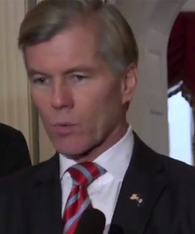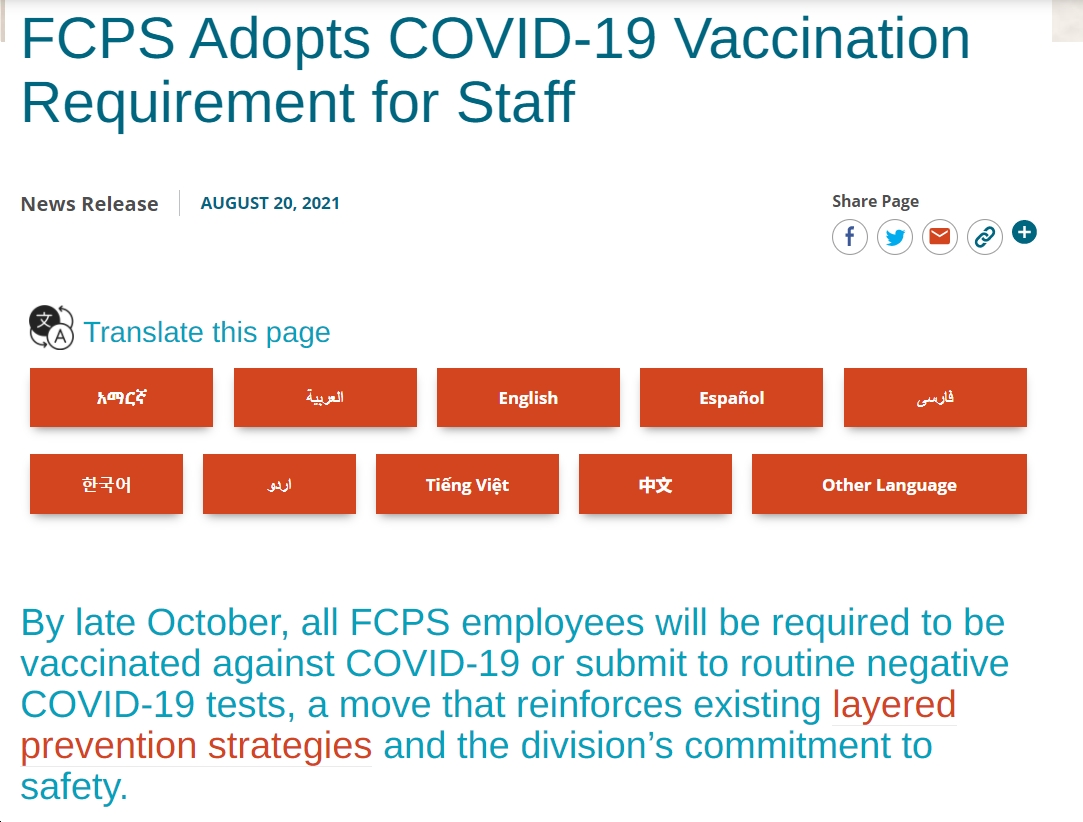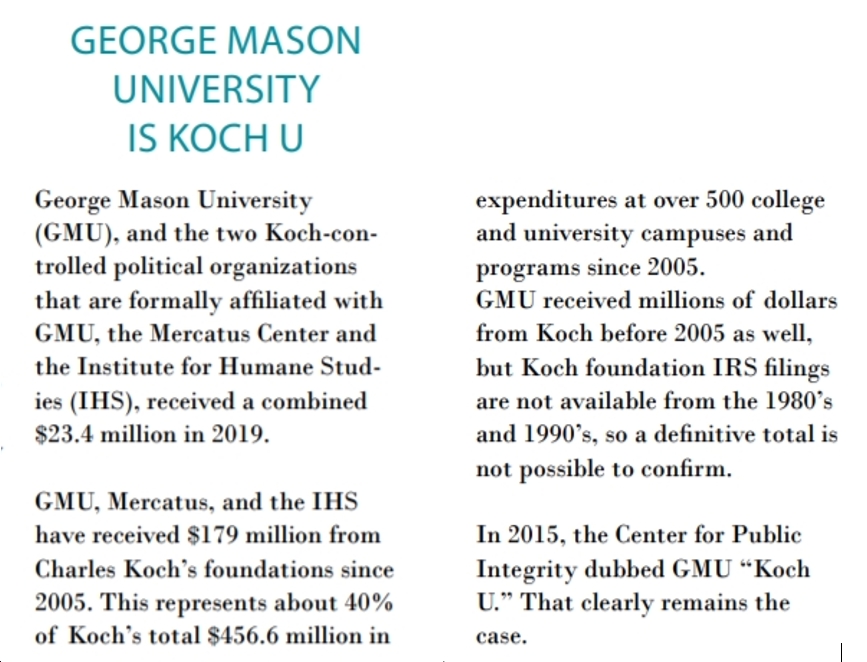 Yesterday, I wrote about Bob McDonnell’s 4 years of failure on health care. Today, I turn to Part 5 – Education. For this one, I’m going to focus almost exclusively on McDonnell’s 2009 campaign promise to invest hundreds of millions of dollars more into Virginia public education.
Yesterday, I wrote about Bob McDonnell’s 4 years of failure on health care. Today, I turn to Part 5 – Education. For this one, I’m going to focus almost exclusively on McDonnell’s 2009 campaign promise to invest hundreds of millions of dollars more into Virginia public education.
So how did McDonnell do on this promise? Well, when Republican-friendly PolitiFact looked at this promise in November 2011, they found that there had been “no action yet,” and that they would “let you know if McDonnell hits his 65 percent pledge” (“the average amount spent by all school divisions in the state on instructional costs”). Well, I checked their site, and they still haven’t “let you know.” Why not? Because apparently it’s still in the “no action yet” column. #FAIL
More broadly, as this post points out, McDonnell’s entire proposal to put $480 million more into Virginia’s teachers and students turned out to be nothing but smoke and mirrors.
It’s typical education budget double-speak. For example:
McDonnell’s blueprint promises “a bold education proposal that will dramatically increase money for Virginia’s teachers and students by $480 million a year.” Meanwhile, his budget plans also include “hundreds of millions of dollars in cuts, including to child-care subsidies for low-income families and to health and parent-education programs for poor pregnant women.” Families who need social and support services to help their kids attend school and access curriculum won’t benefit from McDonnell’s cuts.
Furthermore, more than a fifth of McDonnell’s proposed bump will go to higher education. Part of the bump will also come from McDonnell’s mandate that districts spend 65% of their budgets on instruction. Other bits and pieces will likely come from double-dipping and cross-promoting of economic development as education spending.
At the same time those in college and business benefit, kids struggling to make it through school lose out: K-12 public education will actually suffer cuts to support staff funding, putting a double-whammy on positions like teachers-aides. As salaries for such positions go down, qualified and motivated aides will have to find more or other work, and it will be difficult to attract equally strong candidates to those positions. Teachers aides absolutely make a difference in the lives of the children whom they serve because they more often act as students’ aides and advocates who know their clients better than teachers do and who form the kinds of selfless relationships with kids teachers struggle with because of their “authority” and responsibility to “discipline” children who act and learn outside the norm. So $480 million doesn’t buy those kids jack in their classrooms.
Meanwhile, as ProgressVA pointed out in January 2012, McDonnell actually bragged about having “cut billions of dollars out of the budget the last couple years in education and health care, so I think we’re on the right track.” As ProgressVA explained, “Since the beginning of the recession, Virginia has cut over $1.7 billion in education funding, the equivalent of 72,500 teacher salaries.” That’s not exactly a great record of accomplishment when it comes to education. Perhaps that’s why, according to the National Education Association, Virginia ranks 30th in the country when it comes to the average salaries of teachers compared to the national average. On a slightly more positive note, as the Daily Press reports, McDonnell did manage earlier this year to “[push] through a 2 percent pay raise for teachers and support staff – their first in five years.” A 2% raise in 5 years? That works out to a “whopping” 0.4% per year. Hey, don’t spend it all in one place. Ugh.
P.S. The Roanoke Times called McDonnell’s plan to give schools letter grades “a dumb idea,” writing that “parents whose children attend those schools won’t learn a thing from such a dumbed-down label.” Also, as the Washington Post reports: “on some signature issues, [McDonnell] fell short of his promise to transform public education, reformers said. His initial attempt to make it easier to fire teachers was defeated, and his plan for performance-based pay was only partially funded. Statewide, there still are only four charter schools.” And “after Virginia came in 31st out of 41 states in the first round, [McDonnell] pulled out of the running [for “Race to the Top” money], citing excessive ‘federal mandates’ and state standards that were ‘much superior’ to proposed national standards.” And McDonnell’s proposal “giving the state Board of Education authority to approve charter applications, shifting that exclusive power from local school boards…failed, as did efforts to amend the state constitution to make it easier for other governing bodies to oversee local schools.” The key word that keeps coming up with McDonnell: “fail.”




![Audio: State Sen. Siobhan Dunnavant (R) Says COVID-19 Data “Sound[s] Dramatic” But It’s “Not a Significant Risk” to Kids](https://bluevirginia.us/wp-content/uploads/2020/07/dunnavantobgyn.jpg)












